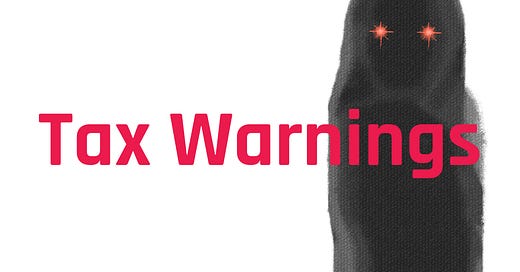Why You Should "Never" Own Real Estate in an S Corporation!
You’ve probably heard it many times, but has anyone ever explained why it’s such a terrible idea to own real estate in an S corporation?
A simple reason is that once real estate is owned by an S corporation, it’s usually stuck there. Trying to take the property out of the S corporation—even if you own 100% of the S corporation — is treated as a sale from the corporation to you!
That’s not good!
Take a look at this example:
Let’s say you own 100% of a S corporation, and your S corporation holds a short-term rental property.
Assume the property is worth $1 million, with a basis of $300,000.
Now, you want to pull it out of the S corporation to use it as your primary residence.
If you do that, you’ll be hit with $700,000 of taxable gain ($1m , because the IRS treats it as if the S corporation sold the property to you!
That would be a nightmare.
But it gets worse…
A large portion of the $700,000 taxable gain will be classified as ordinary income, taxed at your highest marginal tax rate—not as a capital gain!
What? How?
When an S corporation that you own more than 50% of “sells” you a depreciable property (such as the building, not the land), the gain is treated as ordinary income instead of a capital gain.
For example, if the short-term rental’s building has a basis of $100,000 and a fair market value of $800,000 (out of the total $300,000 basis and $1 million fair market value), the entire $700,000 taxable gain will be taxed as ordinary income, potentially at the highest tax bracket!
That could almost give you a heart attack!
This is just one of the many reasons why you should never hold real estate in an S corporation.
Avoiding this mistake can save you tens of thousands of dollars in the long run.
Disclaimer
One of my heroes, Mel Herbert, MD, founder of EM-RAP, may have once said:
“Don’t just do something, stand there.”
That would be my advice to you after reading my blog—stand there (for now) and don’t do anything (yet).
Why?
While I am a tax professional, I am not your tax professional. I do not know your particular situation, and tax matters can be complex. What works for one person may not work for another.
Before taking action, assess your situation and consult with your tax professional to ensure any strategy aligns with your specific circumstances.




